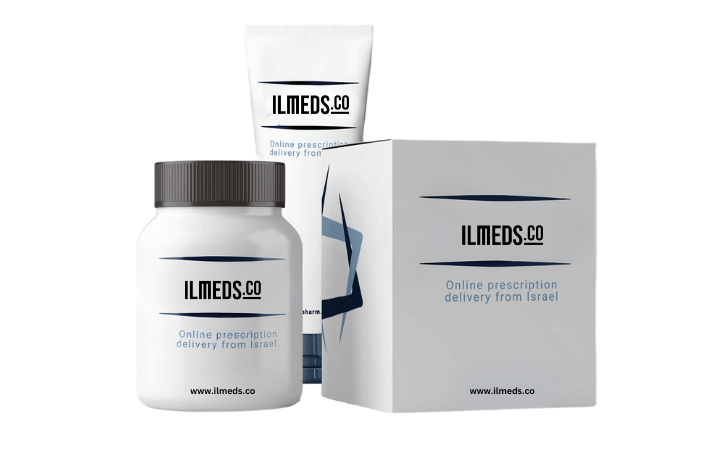Promacta (generic name: eltrombopag, and known outside the US as Revolade) is a medicine that is used for the treatment of people who have chronic immune (idiopathic) thrombocytopenic purpura (ITP) or who have chronic hepatitis C (HCV). It may also be used to treat people with the blood disorder severe aplastic anemia (SAA). ITP is a disease in which the patient’s own immune system destroys blood platelets, that help promote clotting. Patients with ITP have thrombocytopenia (low platelet counts) and are at a higher risk of bleeding. SAA is a disease in which the bone marrow does not make enough blood cells for the body. HCV is a viral infection that causes liver inflammation, and can lead to serious liver damage. The hepatitis C virus spreads through contaminated blood. Eltrombopag decreases the risk of bleeding by increasing the number of platelets. It acts in a similar way to thrombopoietin, the natural substance that promotes the production of platelets. Outside of the USA, Promacta is known as Revolade.
Brand Manufacturer: Novartis
Side Effects: This medication has been prescribed because your healthcare provider has judged that the benefits are greater than the risk of side effects. Many people using this medication do not have serious side effects. A very serious allergic reaction to this drug is rare. However, get medical attention immediately if you notice any of the following serious side effects Vision changes Sudden shortness of breath Pain in the chest, jaw and left arm Coughing up blood Sudden dizziness or fainting Pain, swelling or warmth in the groin or legs Trouble speaking Weakness on one side of the body. Eltrombopag can commonly cause a rash that is usually not serious. However, you may not be able to tell it apart from a rare rash that could be a sign of a severe reaction. Get medical help right away if you develop any rash. Promacta may cause serious side effects , including: Worsening of a precancerous myelodysplastic syndrome (MDS) to acute myelogenous leukemia (AML). Promacta is not intended for the treatment of people with precancerous MDS. The platelet count may become abnormally high during treatment with Promacta, increasing the risk of getting a blood clot. The prescribing healthcare provider will regularly check blood platelet counts and change the dose or stop Promacta if platelet counts get too high. If you notice signs and symptoms of a blood clot in the leg such as swelling, pain, or tenderness, tell your healthcare provider right away. For people with chronic liver disease, there may be a risk of blood clots in the stomach area. If you encounter unusual stomach pains, they may be a symptom of this type of blood clot and you should tell your healthcare provider right away. New or worsened cataracts have been reported. Your healthcare provider will check your eyes before and during your treatment with Promacta. If you notice any changes in your vision while taking Promacta, tell your healthcare provider. The reported mild side effects differ according to the underlying condition that is being treated. In the table below, we list the main sets of side effects according to the appropriate classifications: Condition side effects ITP in adults nausea diarrhea upper respiratory tract infection with symptoms including runny nose, stuffy nose, and sneezing vomiting urinary tract infection inflammation in the throat or mouth (oropharyngeal pain and pharyngitis) abnormal liver function tests muscle aches ITP in infants upper respiratory tract infection with symptoms including runny nose, stuffy nose, and sneezing pain or swelling (inflammation) in the nose or throat (nasopharyngitis) HCV low red blood cell count (anemia) fever tiredness headache nausea diarrhea decreased appetite flu-like symptoms including fever, headache, tiredness, cough, sore throat, and body aches trouble sleeping feeling weak cough itching chills muscle aches hair loss swelling of the ankles, feet, and legs SAA in combination with immunosuppression abnormal liver function tests rash hyperpigmentation – skin discoloration including darkening of skin patches SAA following other failed treatments nausea feeling tired cough diarrhea headache
Indication: Promacta is indicated for the treatment of: Patients one year of age and older with low blood platelet counts due to persistent or chronic immune thrombocytopenia (ITP) when other medicines to treat ITP, or surgery to remove the spleen, have not worked well enough Patients with severe aplastic anemia (SAA) in combination with standard immunosuppressive therapy for adults and children two years of age and older, when other medicines have not worked well enough. Patients with chronic hepatitis C (HCV) whose low blood platelet counts keep them from starting or continuing interferon-based therapy. It is not yet known if eltrombopag is safe and effective when used in combination with other antiviral medicines that are approved for the treatment of chronic HCV Adult patients with HCV infection, where the degree of thrombocytopenia is the main factor preventing the initiation or limiting the ability to maintain optimal interferon-based therapy Adult patients with acquired SAA who were either refractory to prior immunosuppressive therapy or heavily pretreated and are unsuitable for hematopoietic stem cell transplantation (HSTC).

